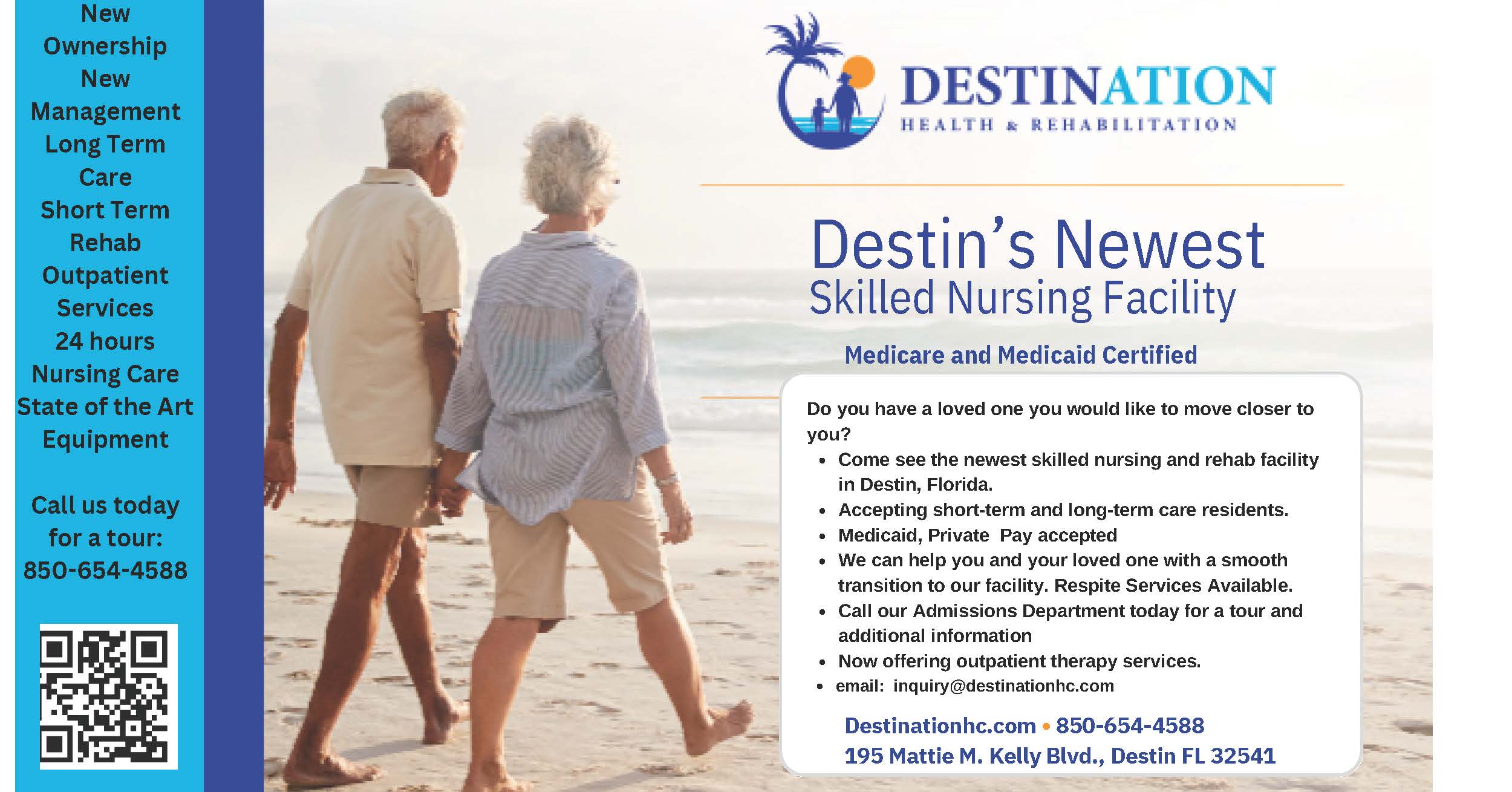“Fall” Into Recovery- Keys to a Successful Post-Hospital Recovery
Teresa Halverson, Dir. of Community Relations
The autumn season, with its rich colors and comforting traditions, offers a wonderful opportunity to enhance the post-acute care and rehabilitation experience. The landscape of post-acute senior care is rapidly evolving, moving away from a one-size-fits-all approach toward personalized, technology-driven, and holistic models. As the senior population grows in our area, innovative ideas are being implemented to improve outcomes, enhance quality of life and address the complex needs of patients transitioning from acute care settings like hospitals.
Post-acute care (PAC) refers to a range of medical and supportive services provided to patients, particularly seniors, who are discharged from an acute care hospital, but aren’t yet ready to return home and live independently. Following an illness, surgery or injury, a hospital stay can often be destabilizing for older adults, leading to a decline in their physical and mental functioning. PAC serves as a critical transition to promote functional recovery, maximize independence and prevent unnecessary hospital readmissions. For seniors transitioning out of the hospital, whether to a PAC (Post Acute Care) facility or directly home, preparation and proactive management are vital for a successful recovery.
Benefits and Challenges for Older Adults
Benefits of Post-Acute Care in a Skilled Nursing and Rehab Facility:
Increased Independence: The primary goal is to help seniors regain strength and functional abilities (like walking, dressing, and eating) to become more self-sufficient.
Reduced Readmissions: Close monitoring and ongoing medical support help to identify and address potential complications early, which significantly lowers the risk of the patient returning to the hospital within 30 days.
Access to Specialized Care: Patients receive care from a multidisciplinary team, including specialized 24/7 nursing care (i.e. wound care, IV therapy, medication management), physical therapists, speech therapists, occupational therapists, and physicians who focus specifically on recovery. The goal is for the patient to regain strength and function and safely return home.
Understand the Discharge Plan: Meet with the hospital’s discharge planner or case manager as early as possible. Get written clear instructions on all new or changed medications, wound care, activity restrictions, and signs of complications to watch for.
Complexity of Discharge Planning: The process of choosing the right setting, understanding insurance coverage, and coordinating care can be confusing and stressful. Carefully review what all post-acute hospital providers offer. It is your right to choose where you would like to go for post-hospital care. Make an informed choice.
Insurance for Post-Acute Care: Insurance coverage for this type of care is particularly through regular Medicare.
General overview of Medicare coverage for key post-acute care settings:
- Skilled Nursing Facility (SNF) Care Insurance Coverage
Coverage: Medicare Part A (Hospital Insurance) covers skilled nursing care on a short-term basis for rehabilitation or skilled medical care.
Conditions for Coverage:
- You must have a qualifying inpatient hospital stay of at least three consecutive days (not counting the day of discharge).
- You must enter the SNF generally within 30 days of leaving the hospital.
- A doctor must certify that you need daily skilled nursing or rehabilitation services.
- The facility must be Medicare-certified.
Costs (in one benefit period):
Days 1–20: You pay $0 for covered services (after meeting the Part A deductible for the hospital stay).
Days 21–100: You pay a daily coinsurance amount (which changes annually).
Days 101 and beyond: You pay all costs.
Limitation: Coverage is limited to 100 days per benefit period and ends sooner if you no longer require skilled care. Medicare generally does not cover long-term or custodial care in a nursing home.
Medicare Advantage (Part C) Plans: These private plans must cover at least the same post-acute care benefits as original Medicare, but they may have different cost-sharing (copayments/deductibles) and may require you to use specific in-network providers. We often see a patient who has a MA (Part C) plan and still think they have regular Medicare. Be sure to check your plan as not all post-acute providers are in network or accept Part C plans. Part C Plans (MA) require an authorization by your insurance company and your care is monitored by a caseworker at the insurance agency.
Medicare Supplement (Medigap) Plans: These plans work with Original Medicare and can help pay for out-of-pocket costs like the SNF daily coinsurance.
The specific coverage and out-of-pocket costs can be complex. You should always check directly with the Medicare program or your specific insurance provider (Medicare Advantage, Medigap, or private plan) to understand the current coverage rules, facility network status and anticipated costs before receiving post-acute care.
At Destination Health and Rehabilitation, our commitment is simple: to provide compassionate, personalized, and professional 24-hour skilled care and rehabilitation. As the area’s newest facility in Destin, we work tirelessly with our specialized team to ensure every individual achieves their optimum level of independence, empowering them to transition smoothly back to their life and improve their overall quality of life.” Contact our Admission’s Department (850-654-4588) today for a tour and additional information on how we can help you on your road to recovery.
Destination Health & Rehabilitation, 195 Mattie M. Kelly Blvd., Destin
www.DestinationHC.Com, 850-654-4588
































































